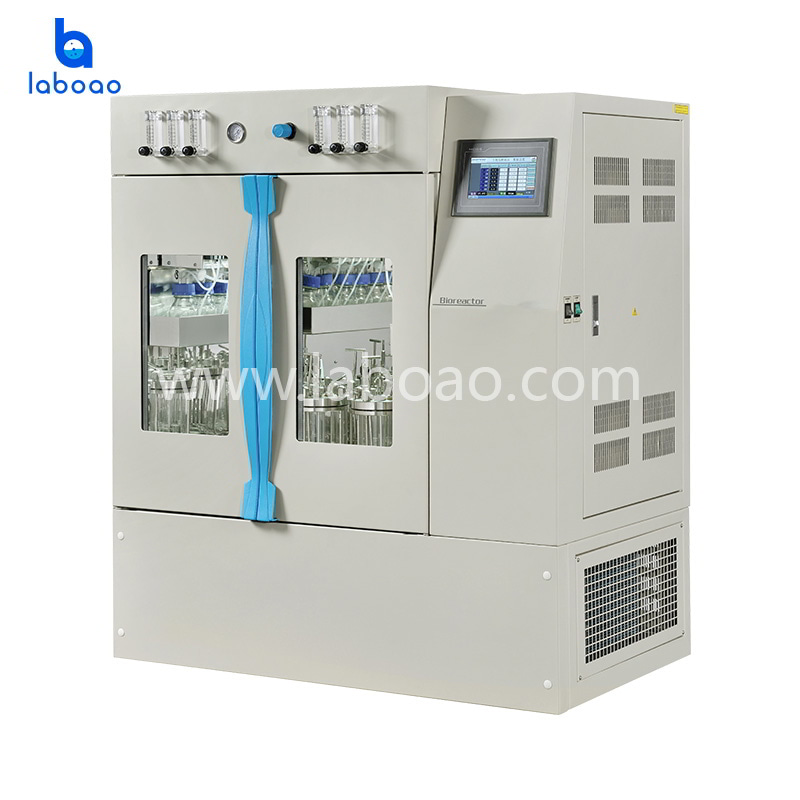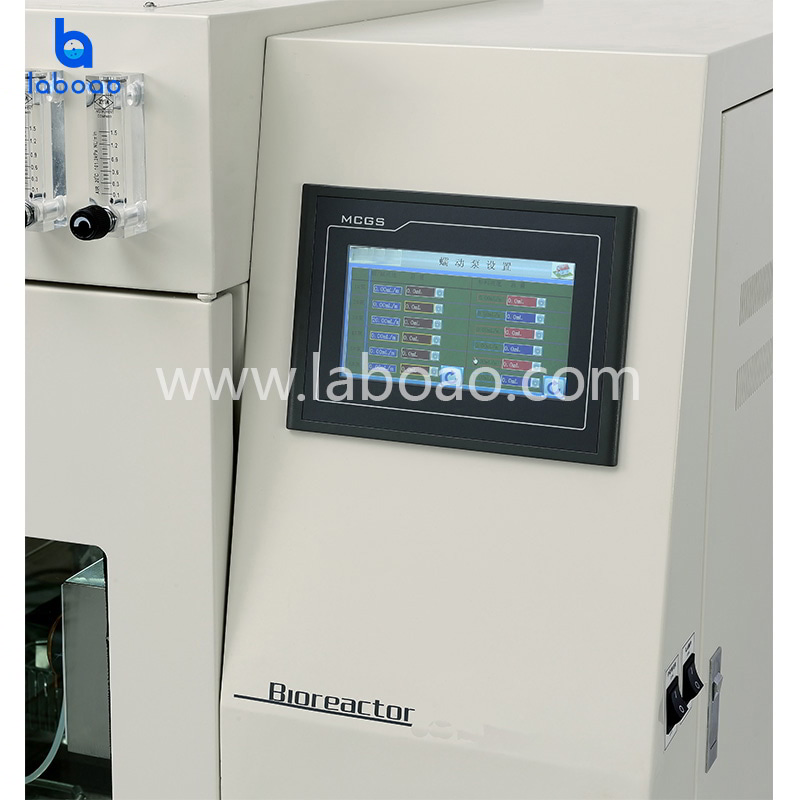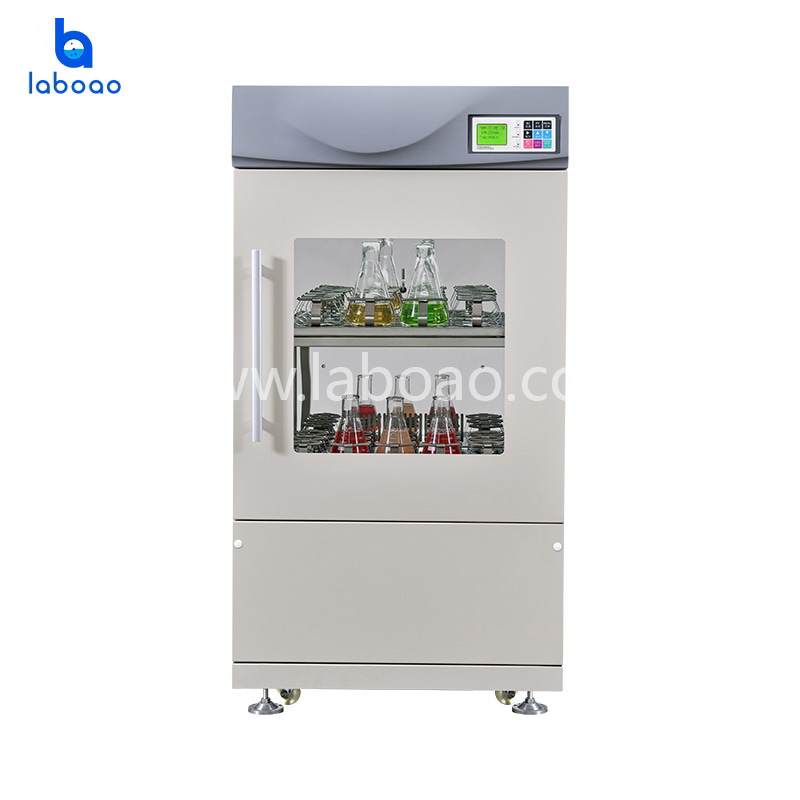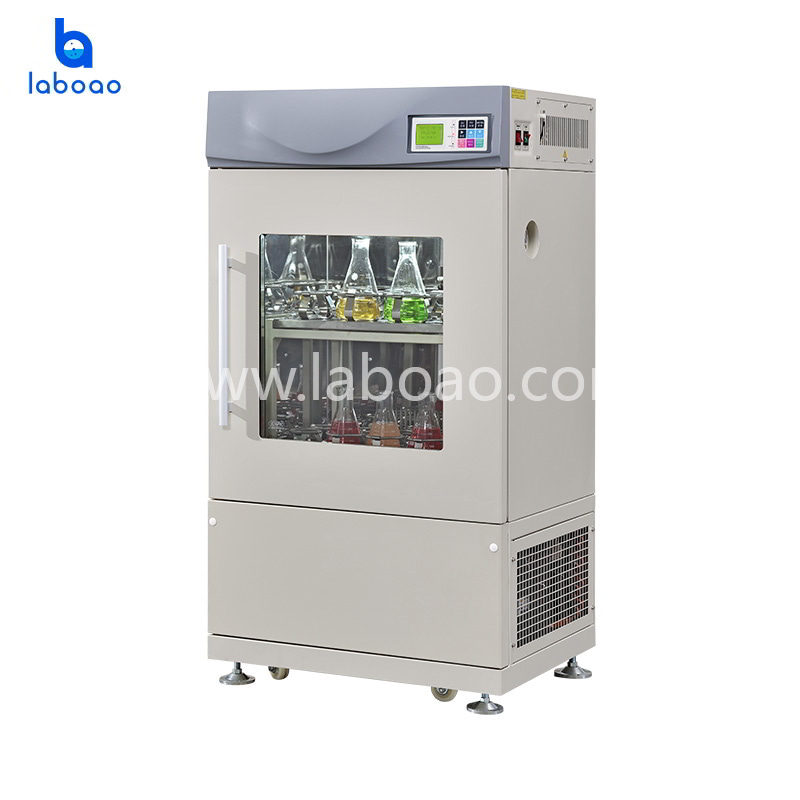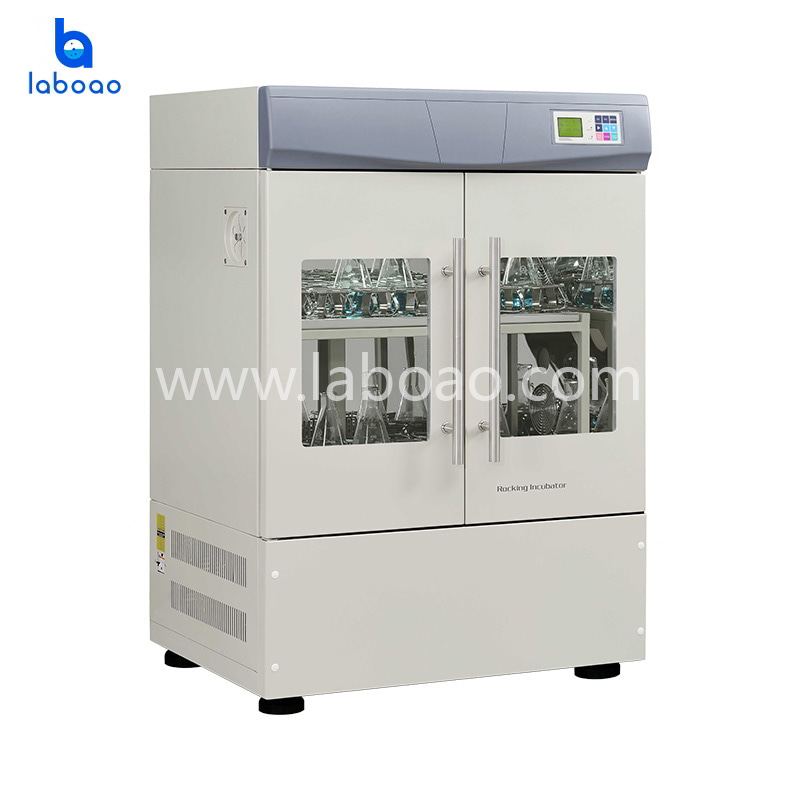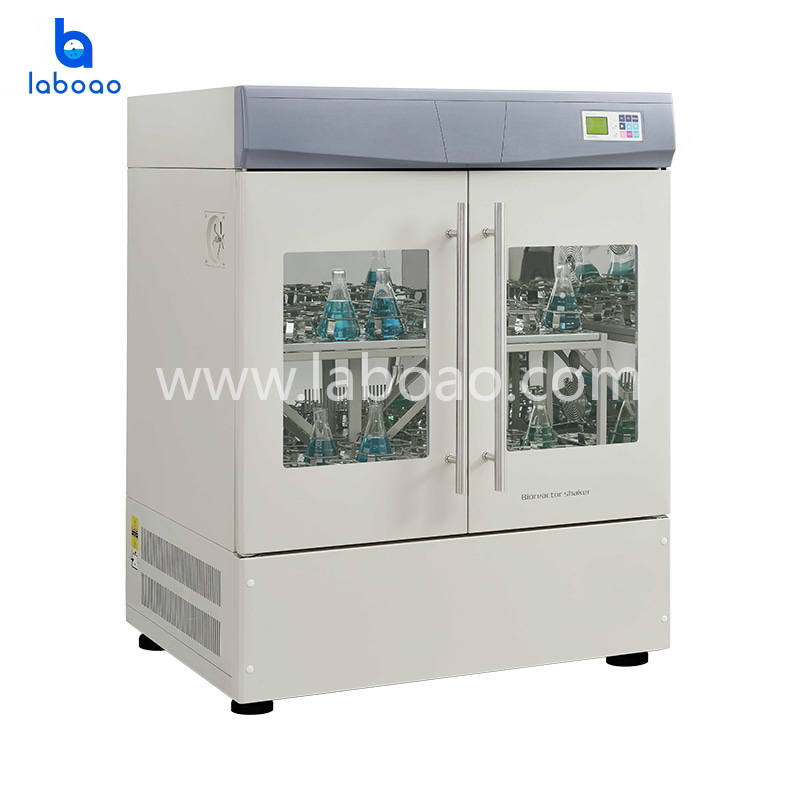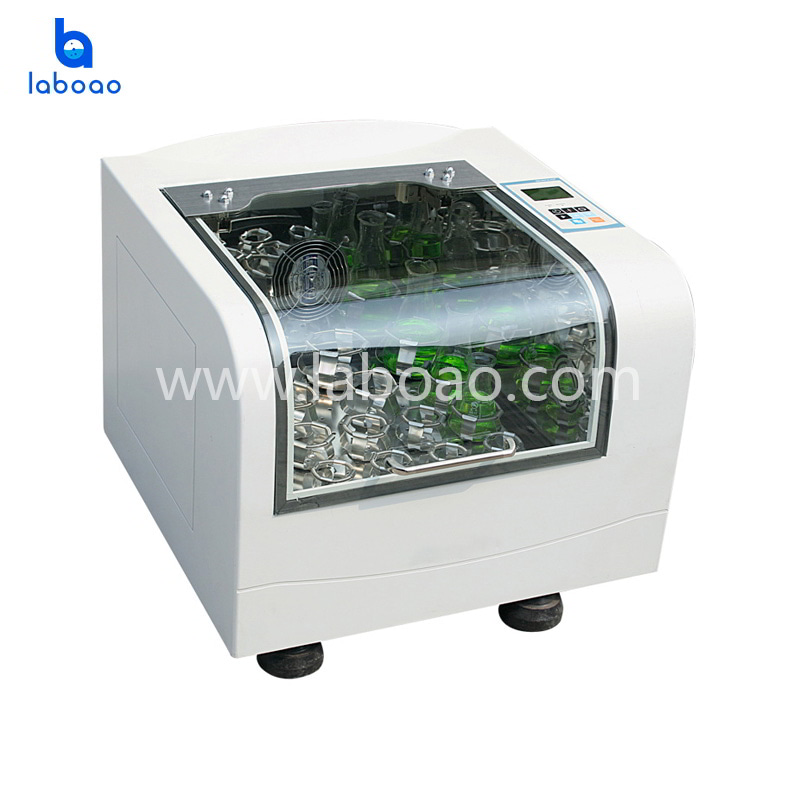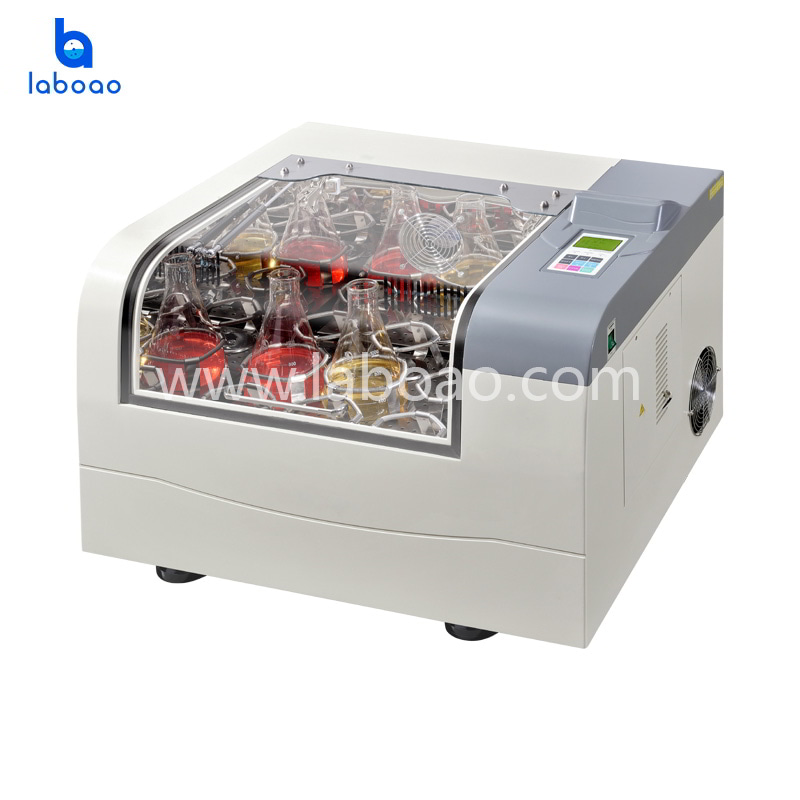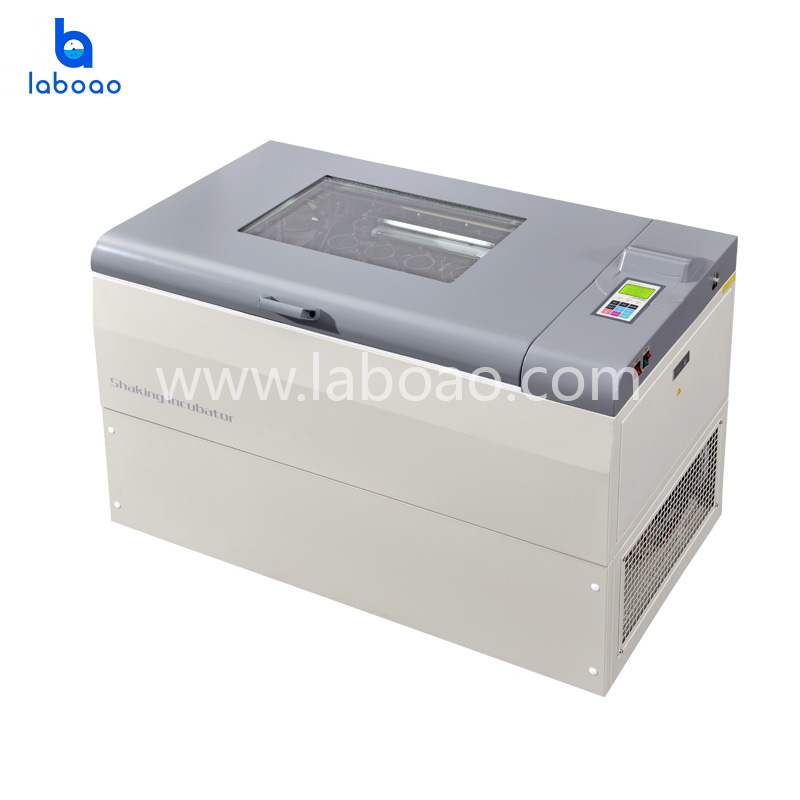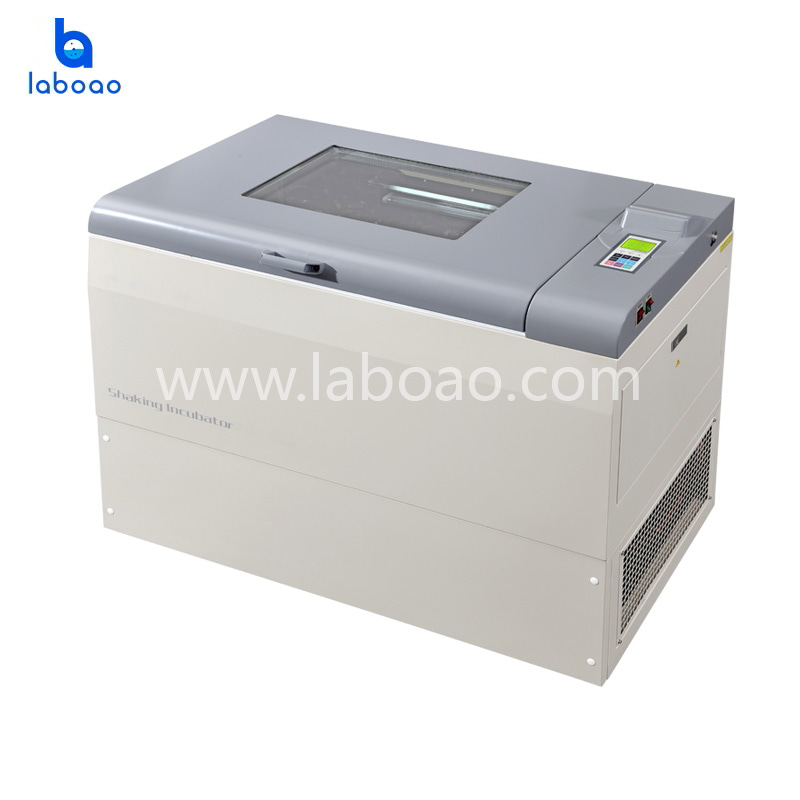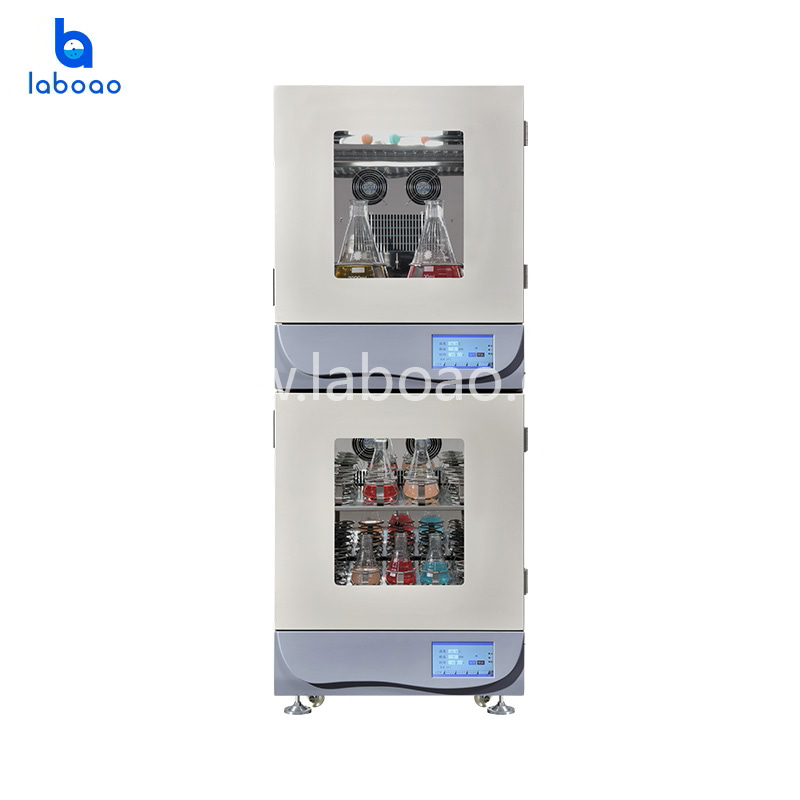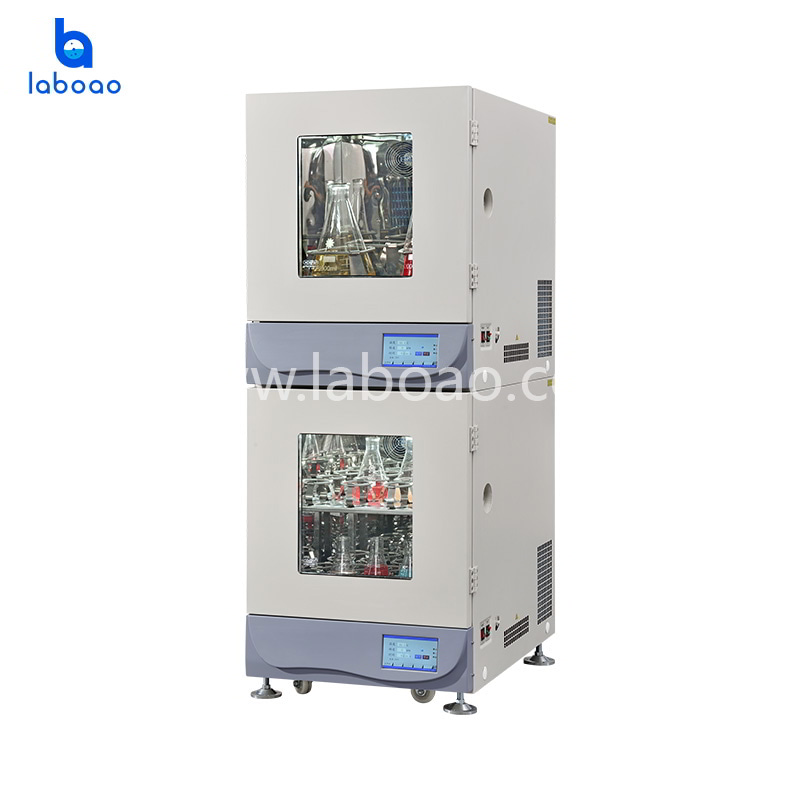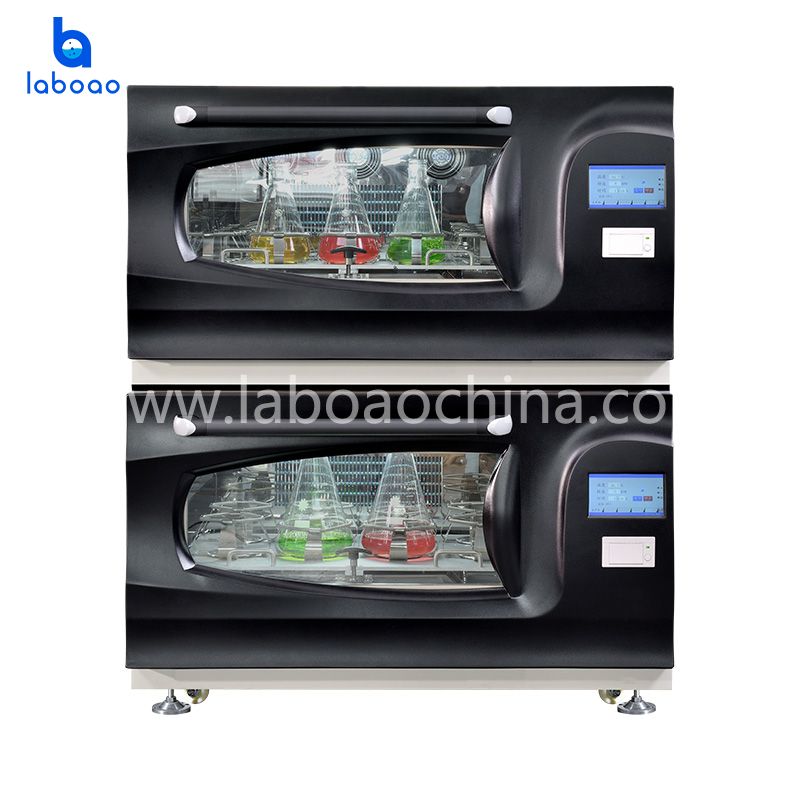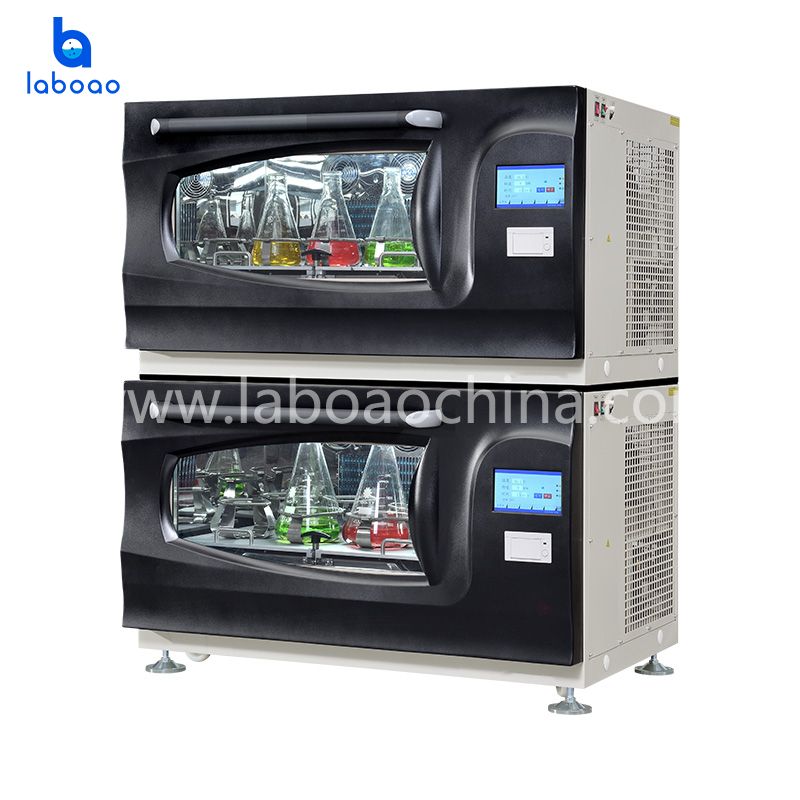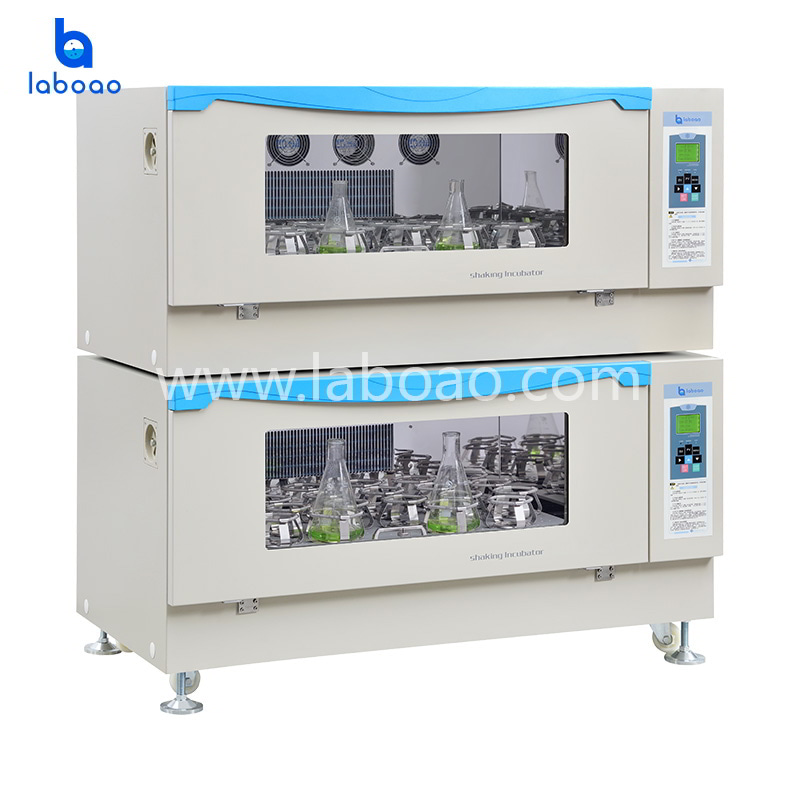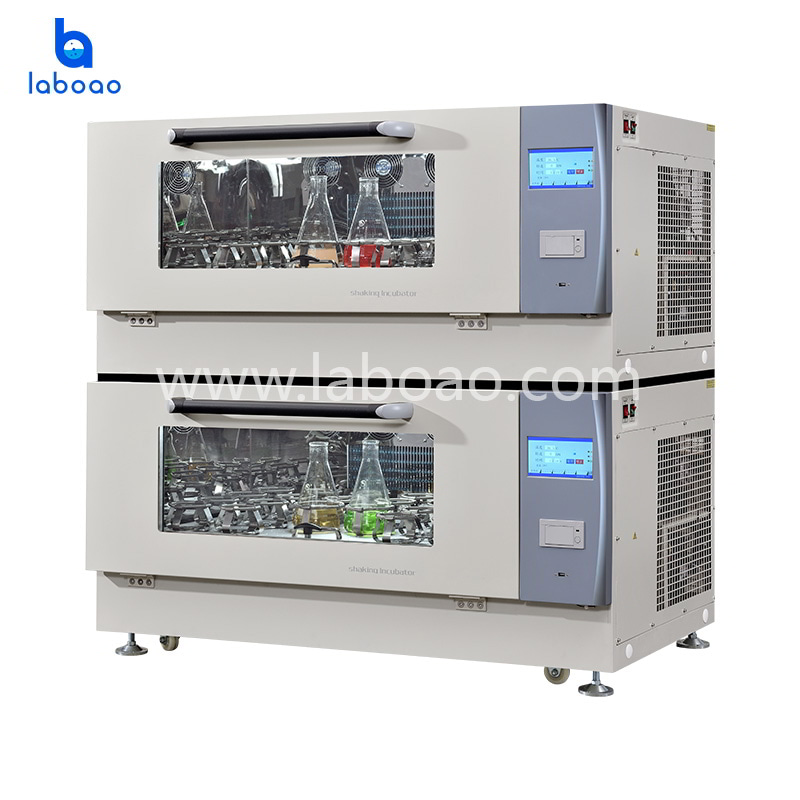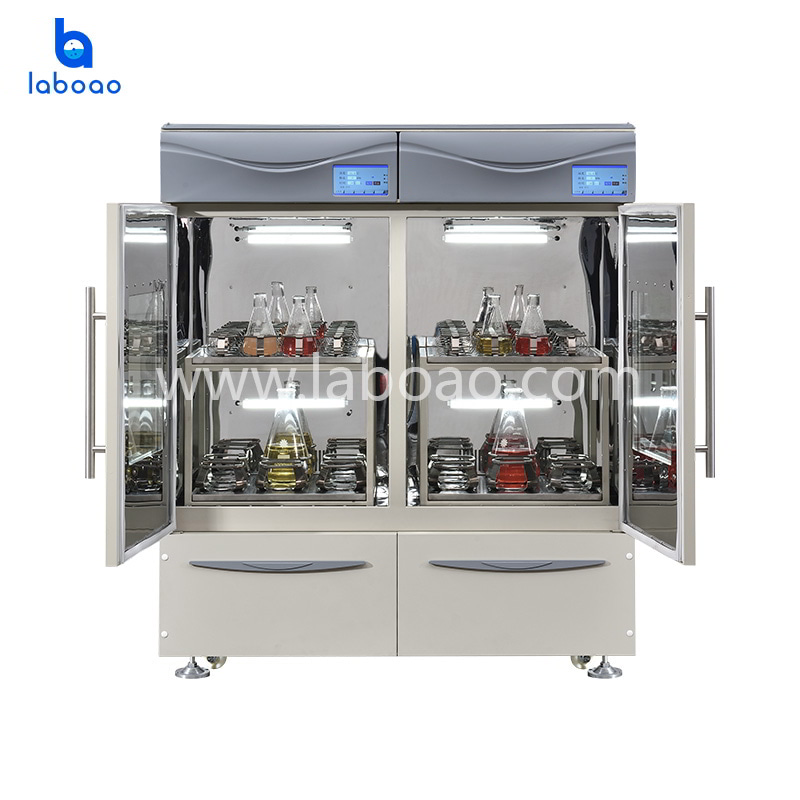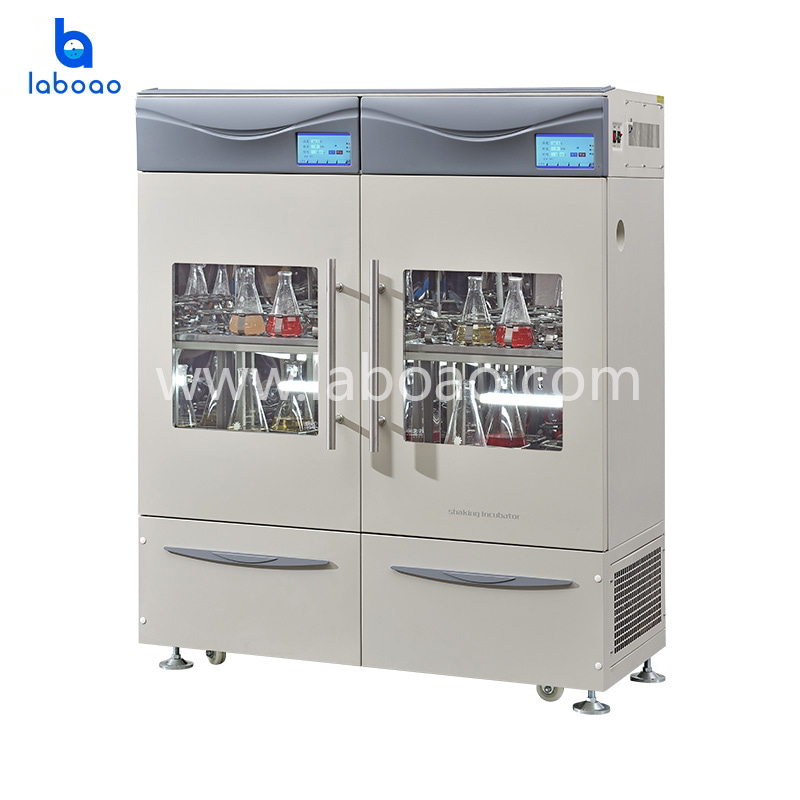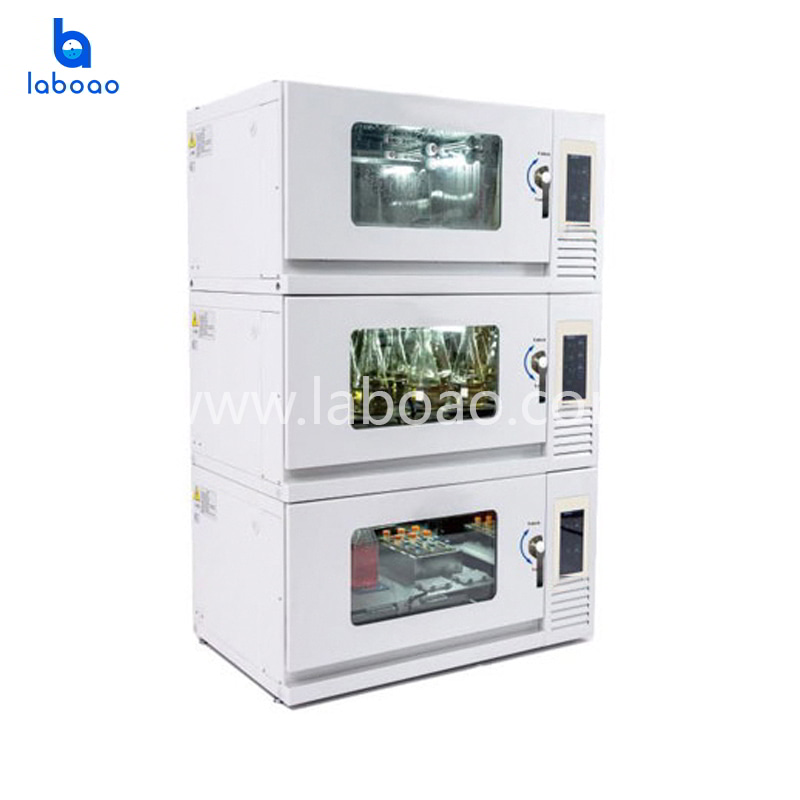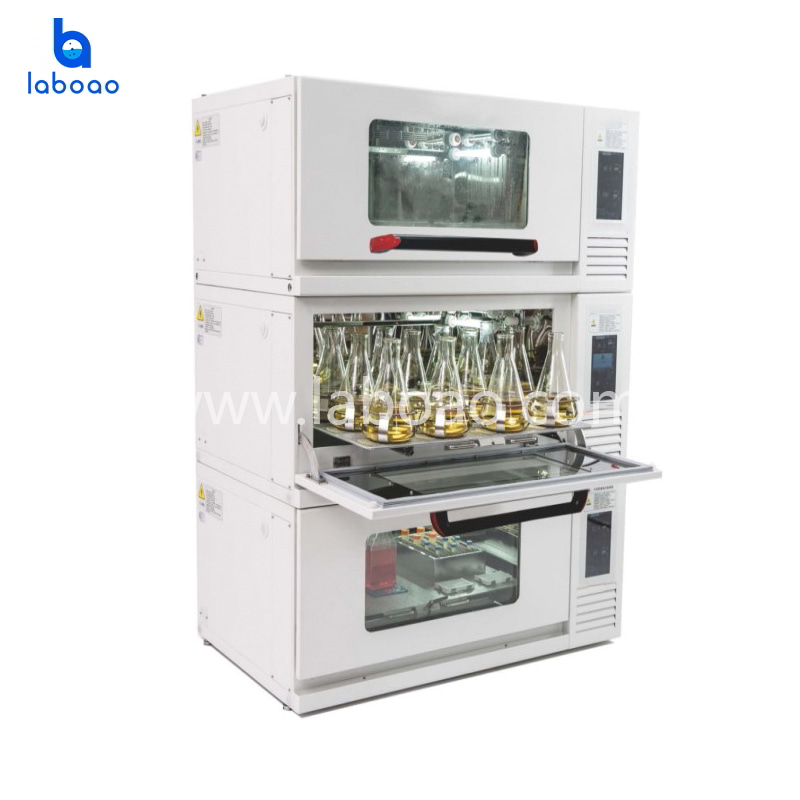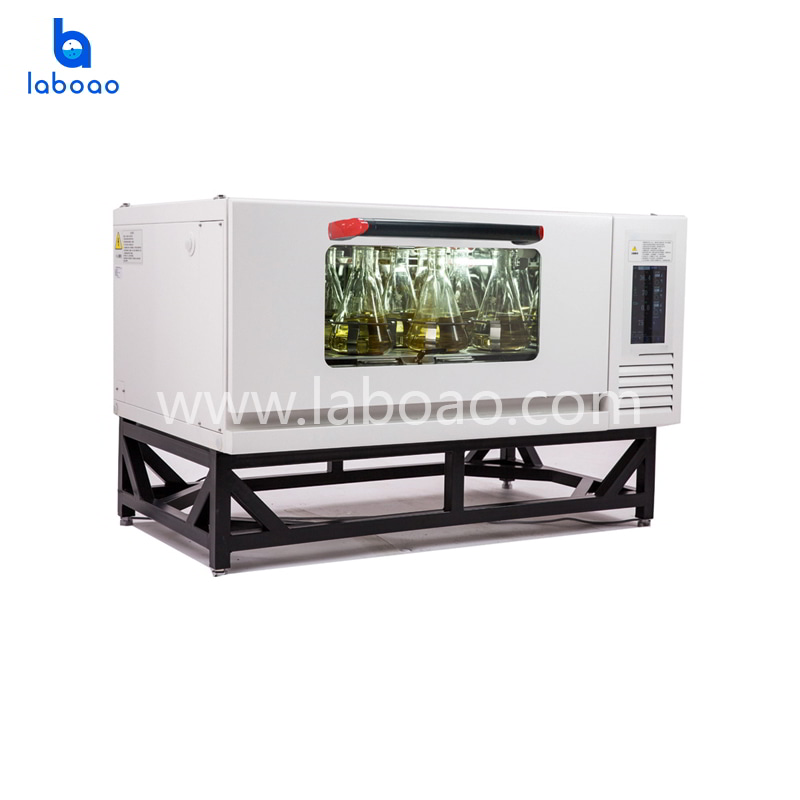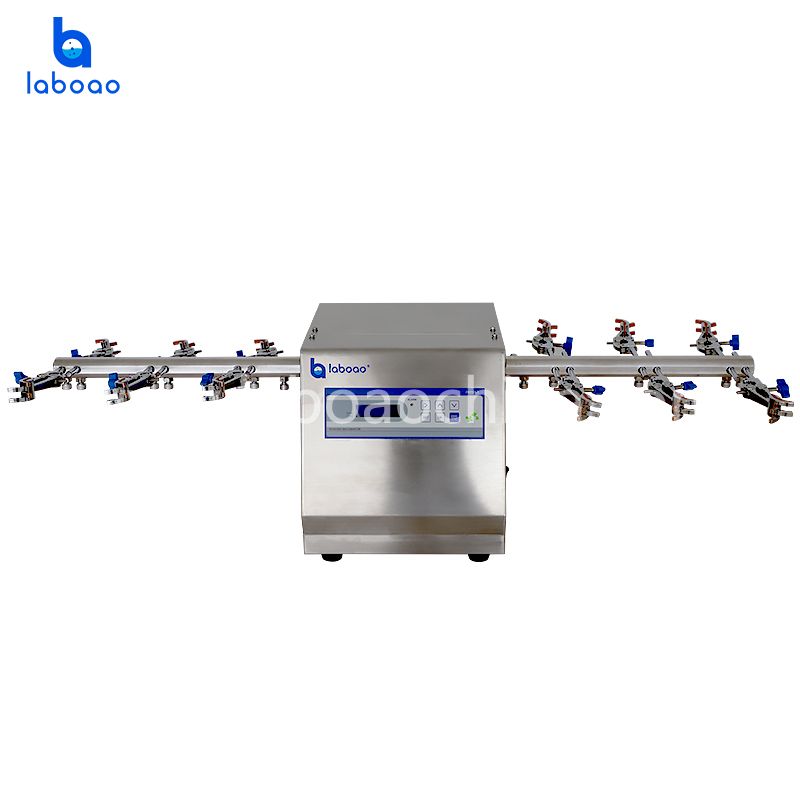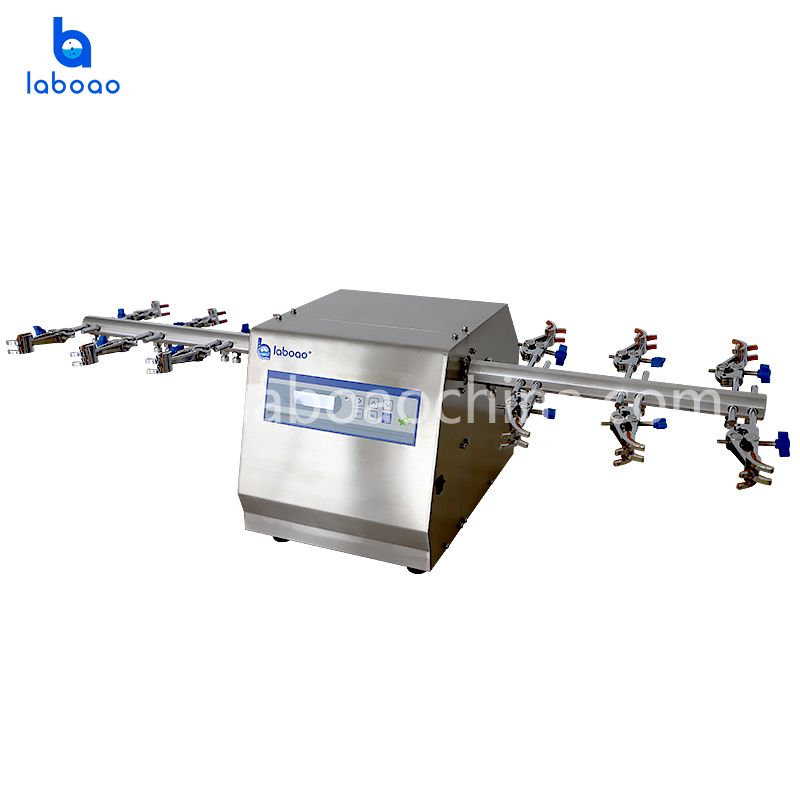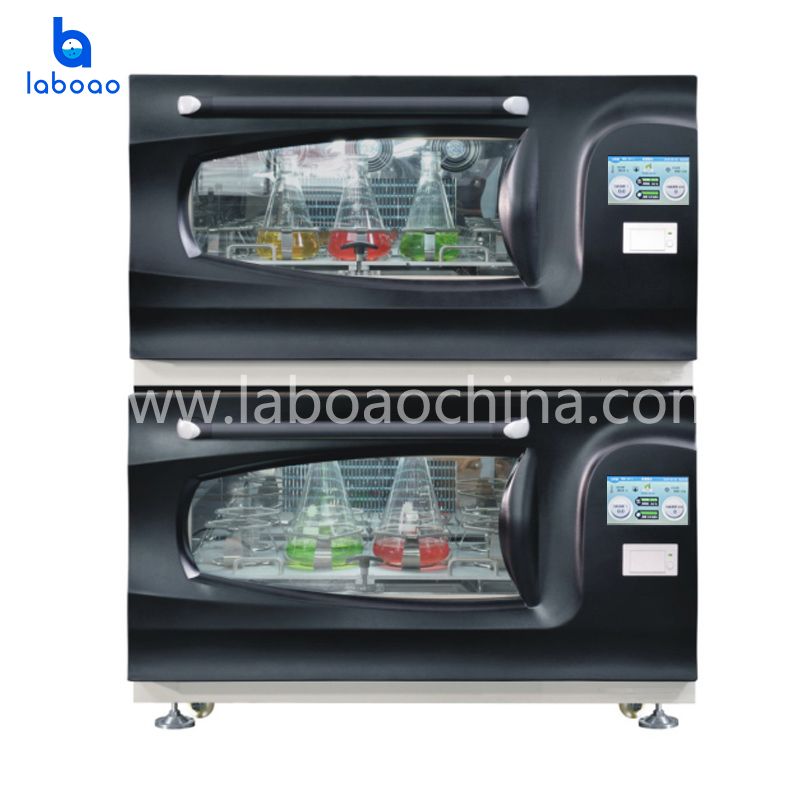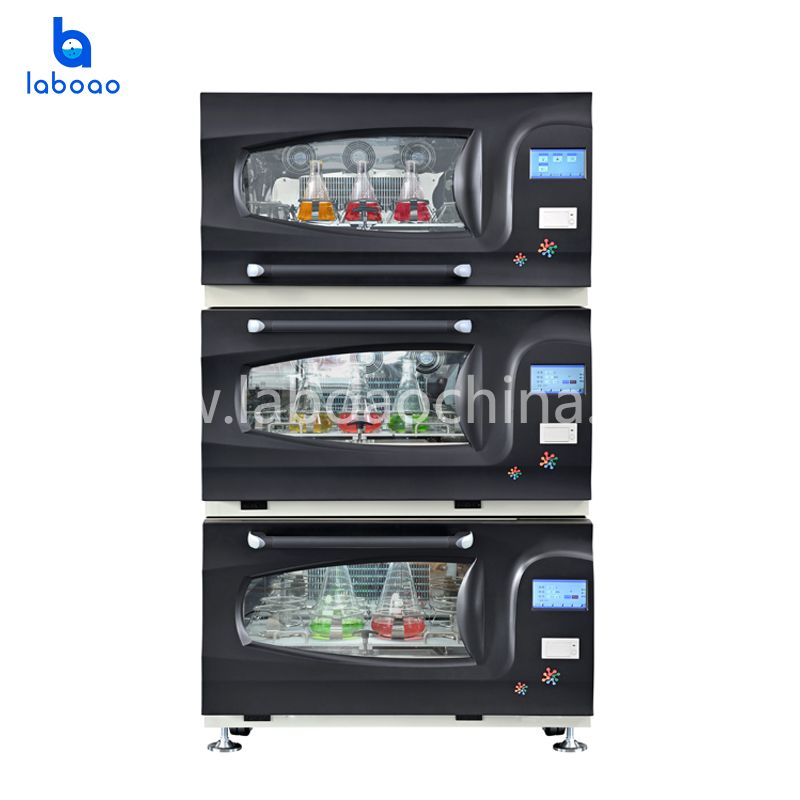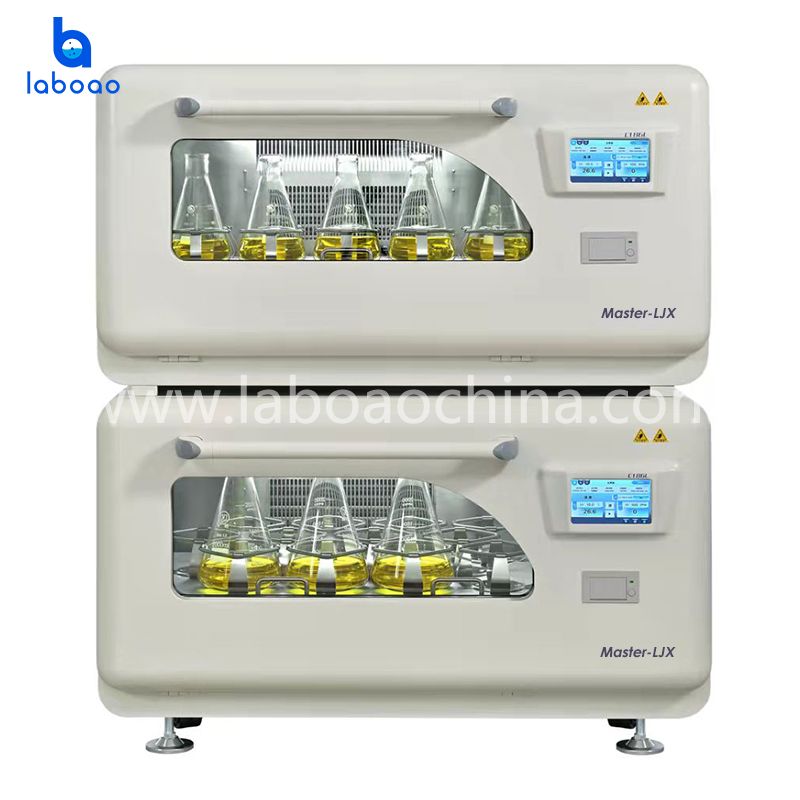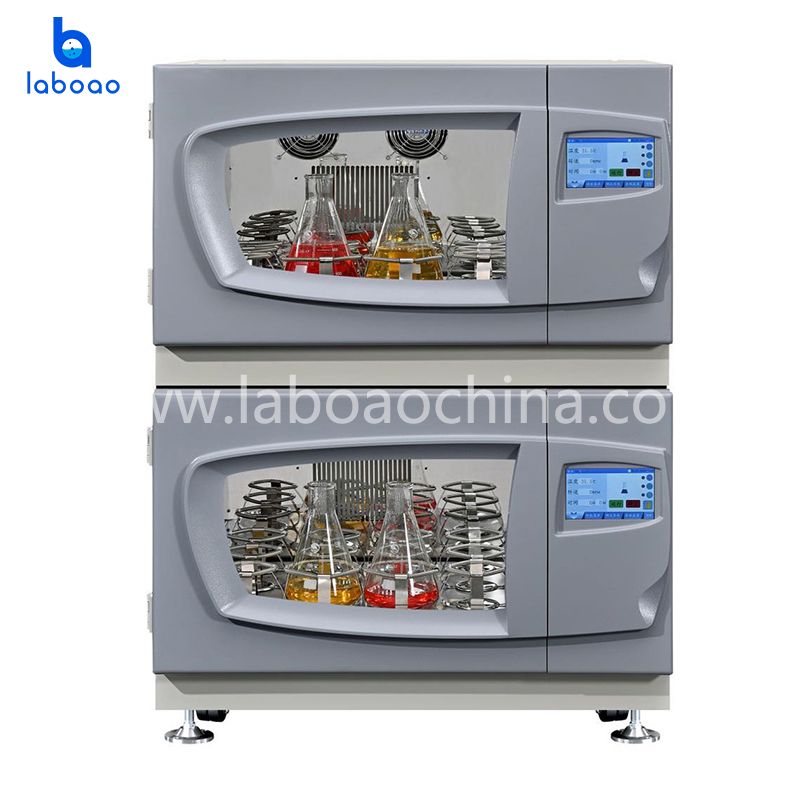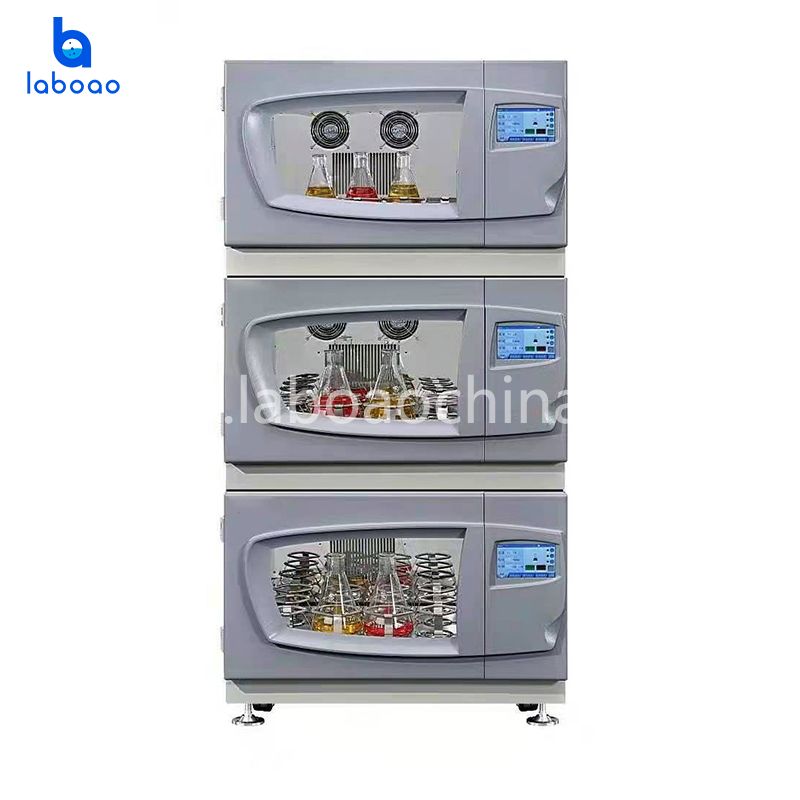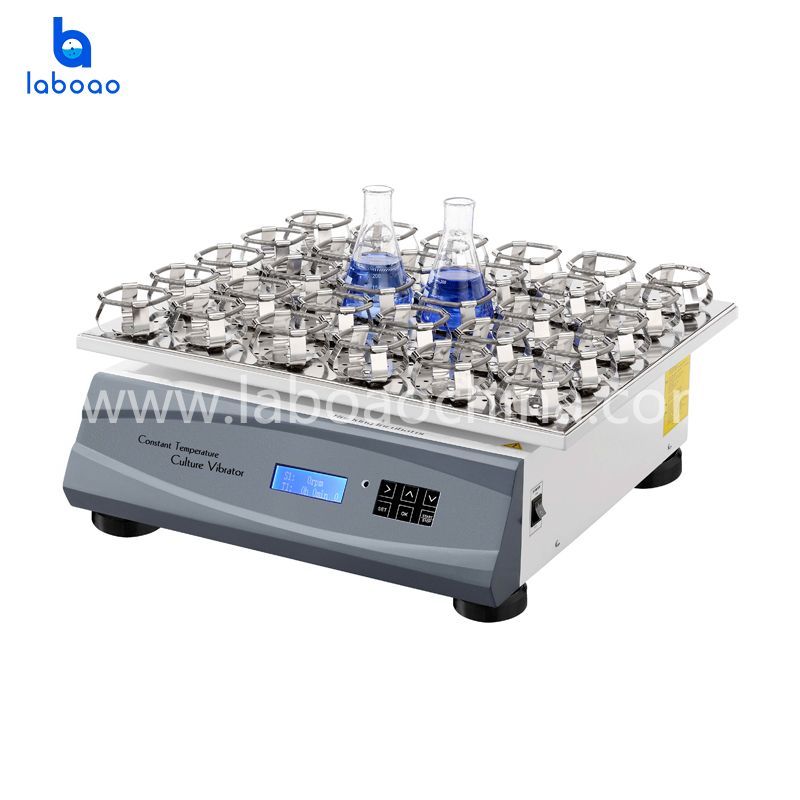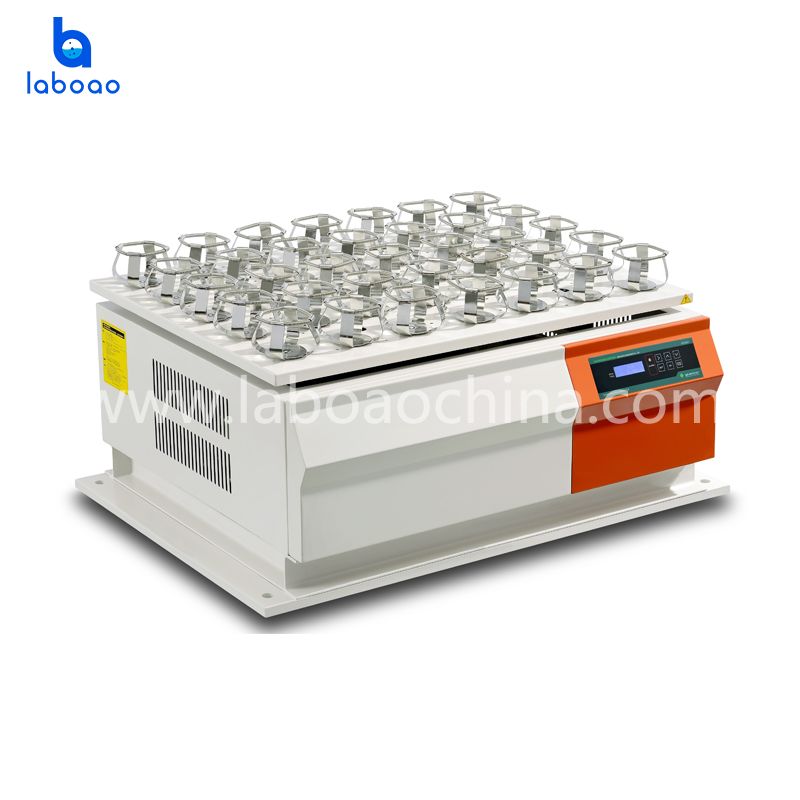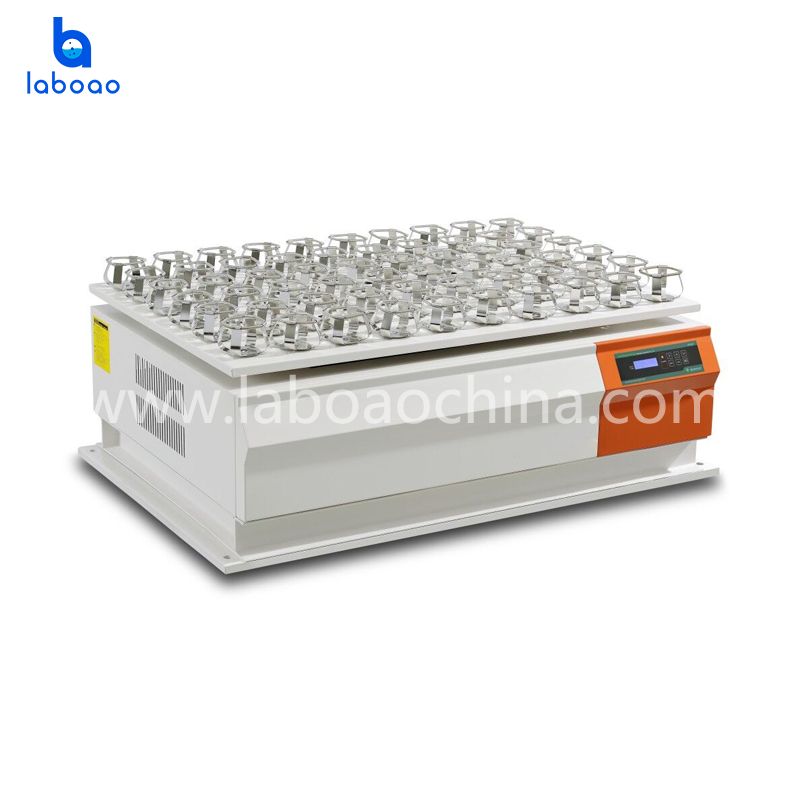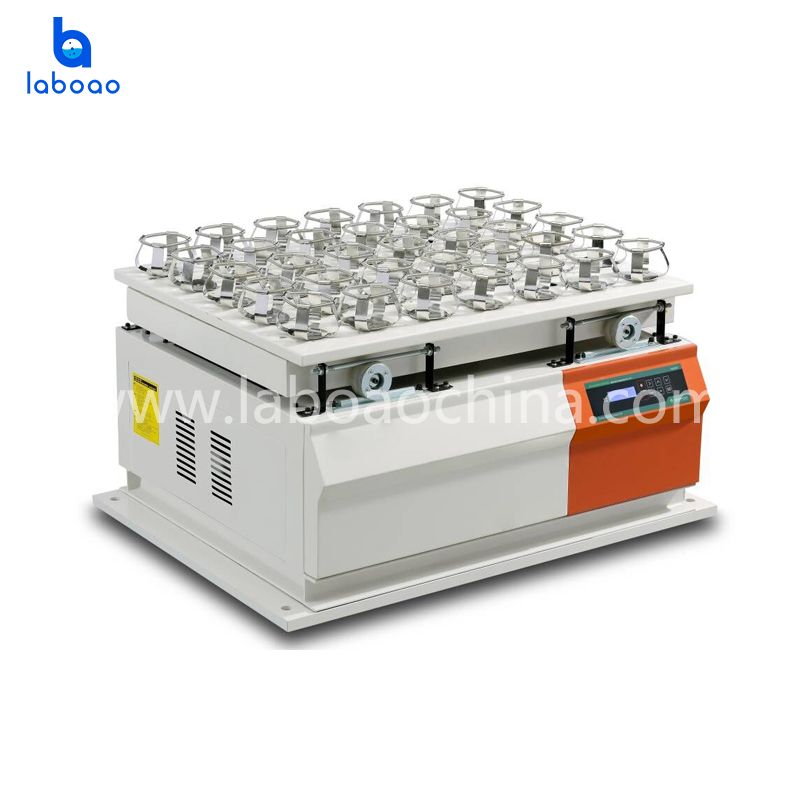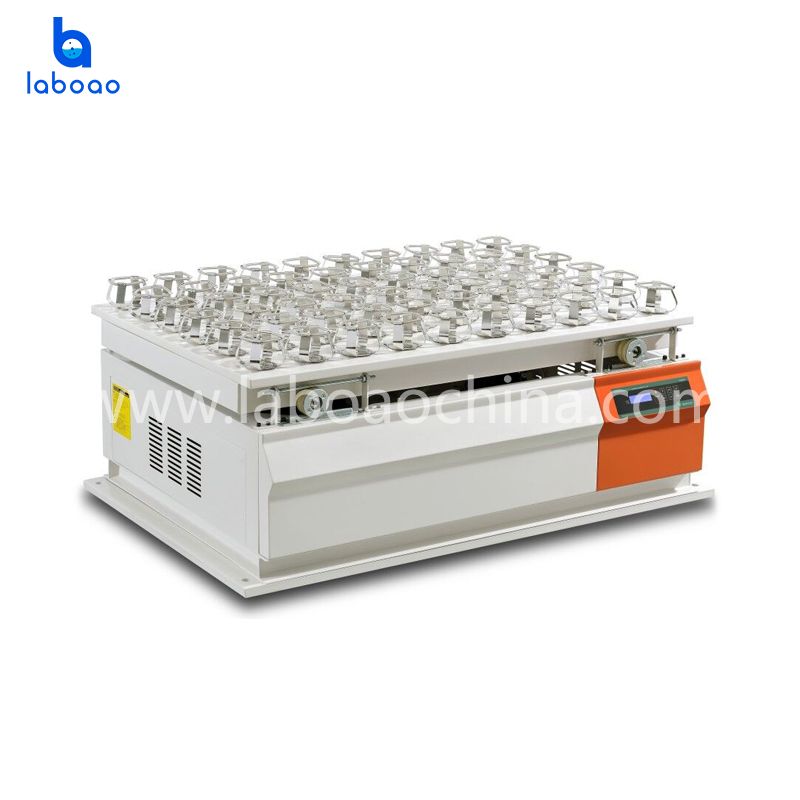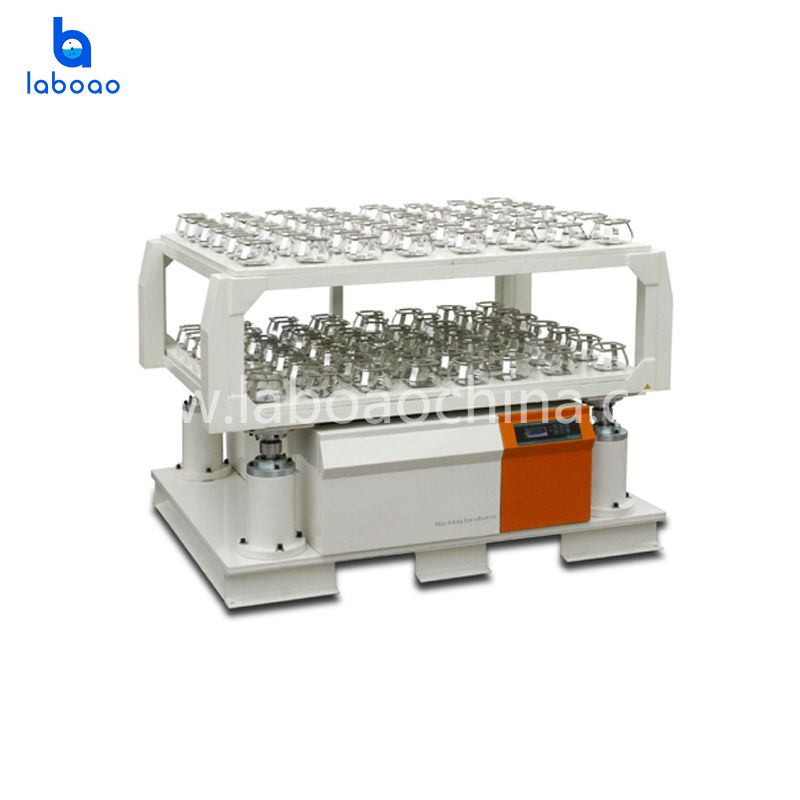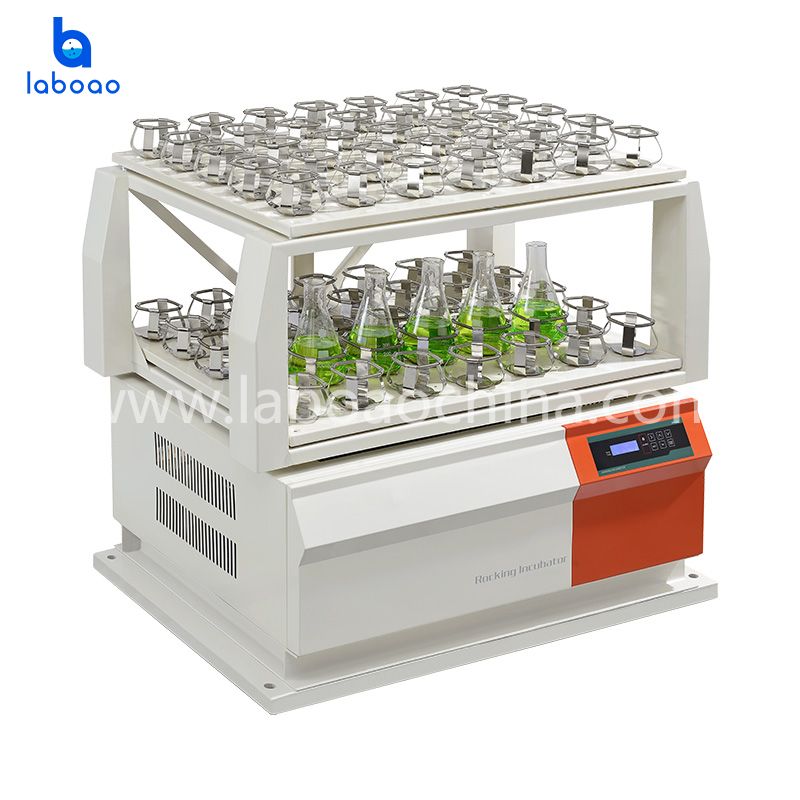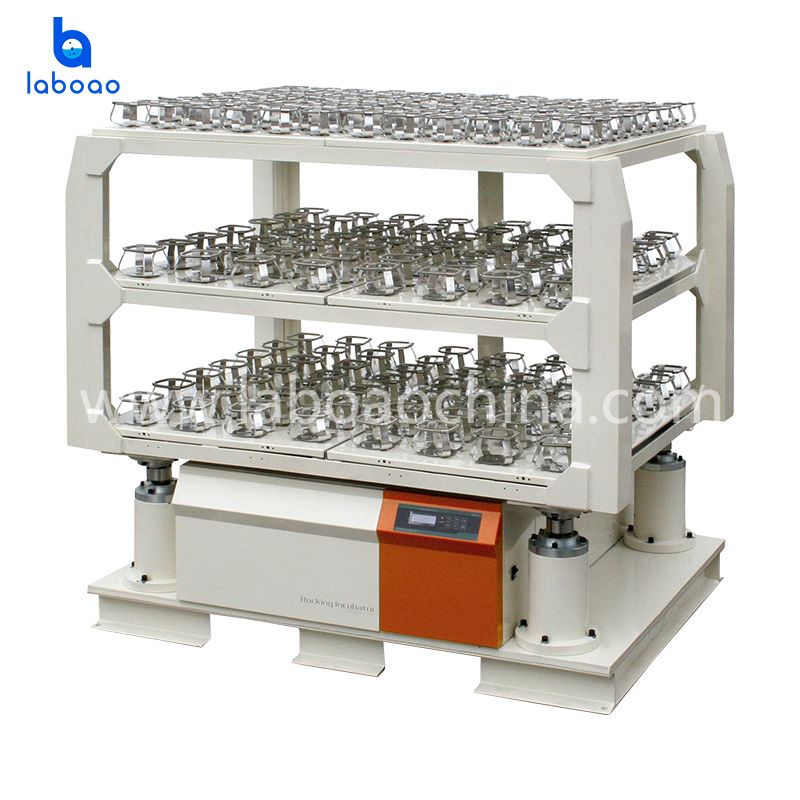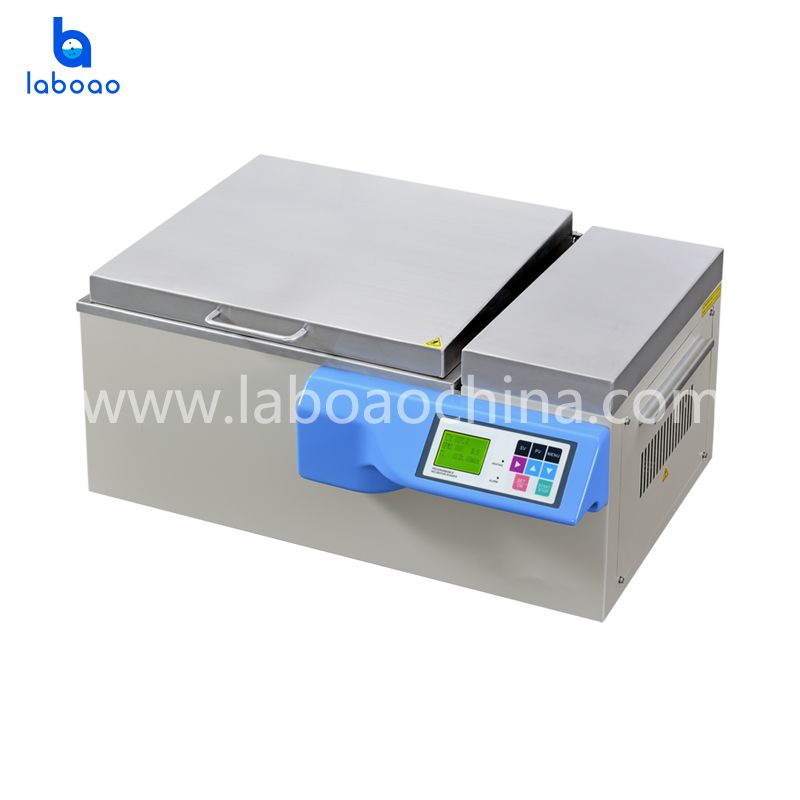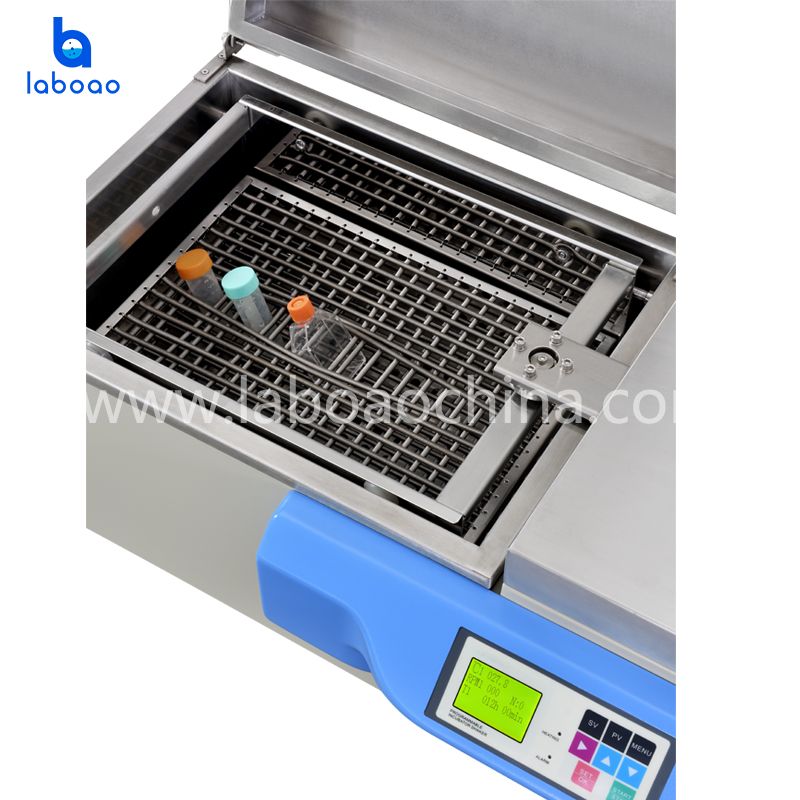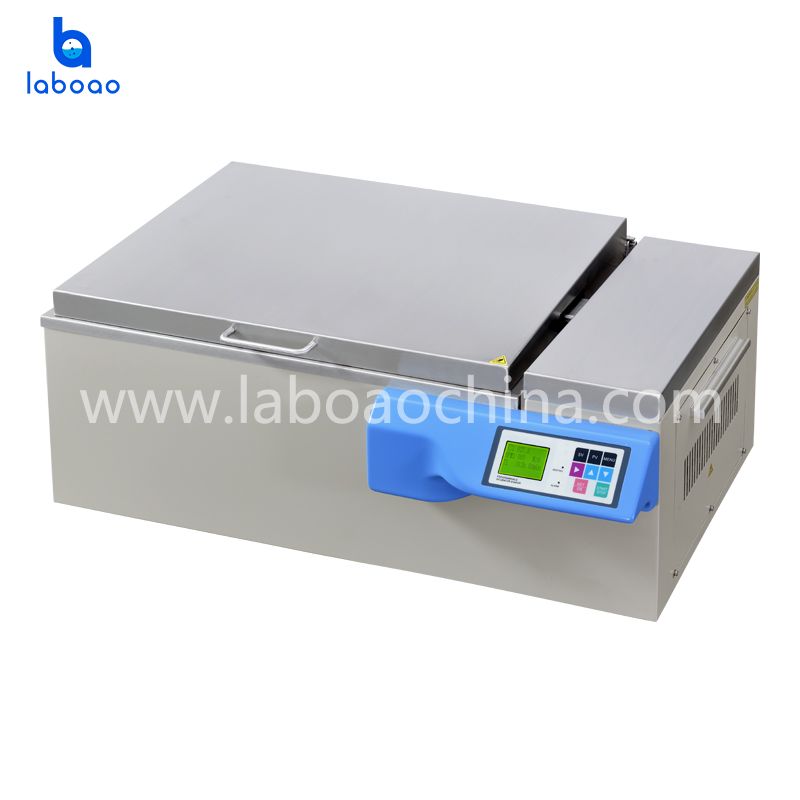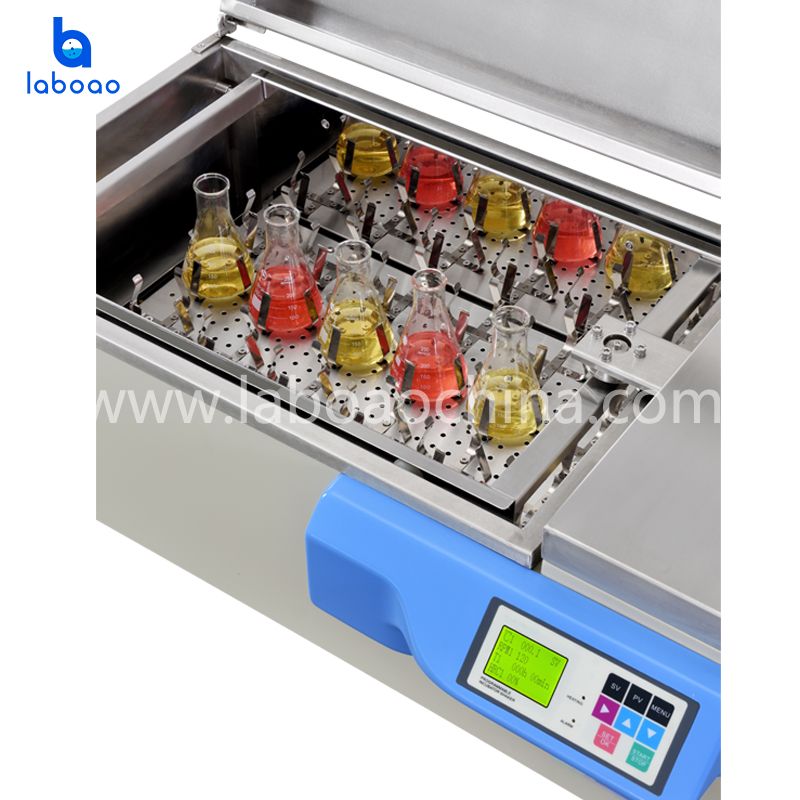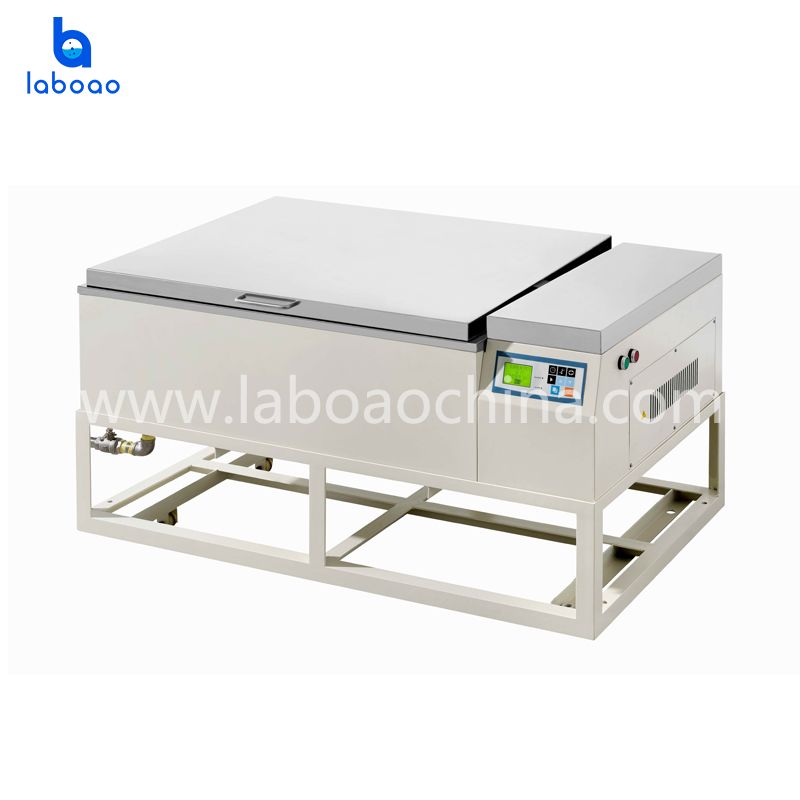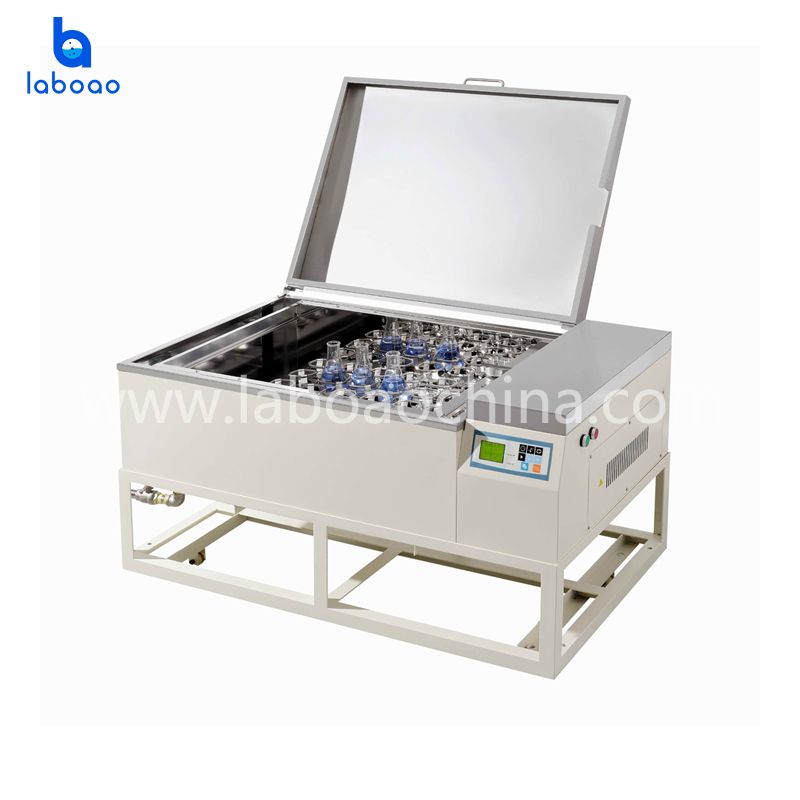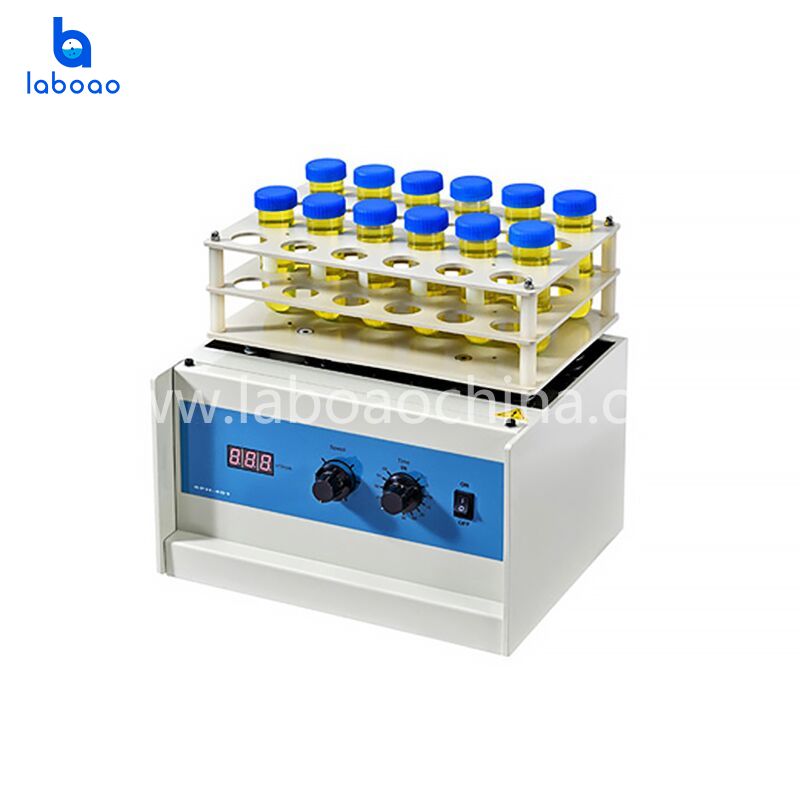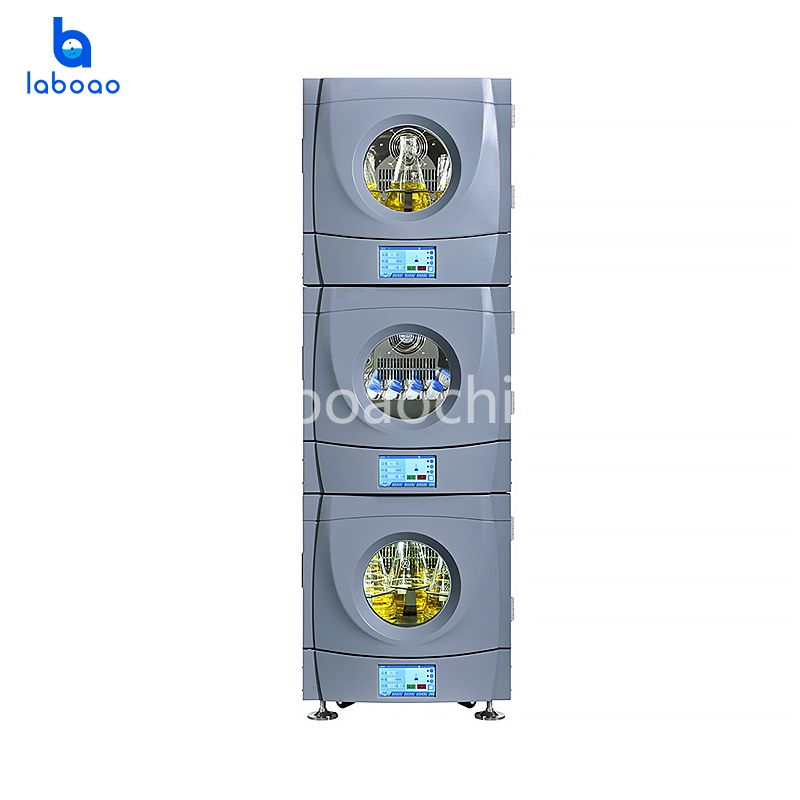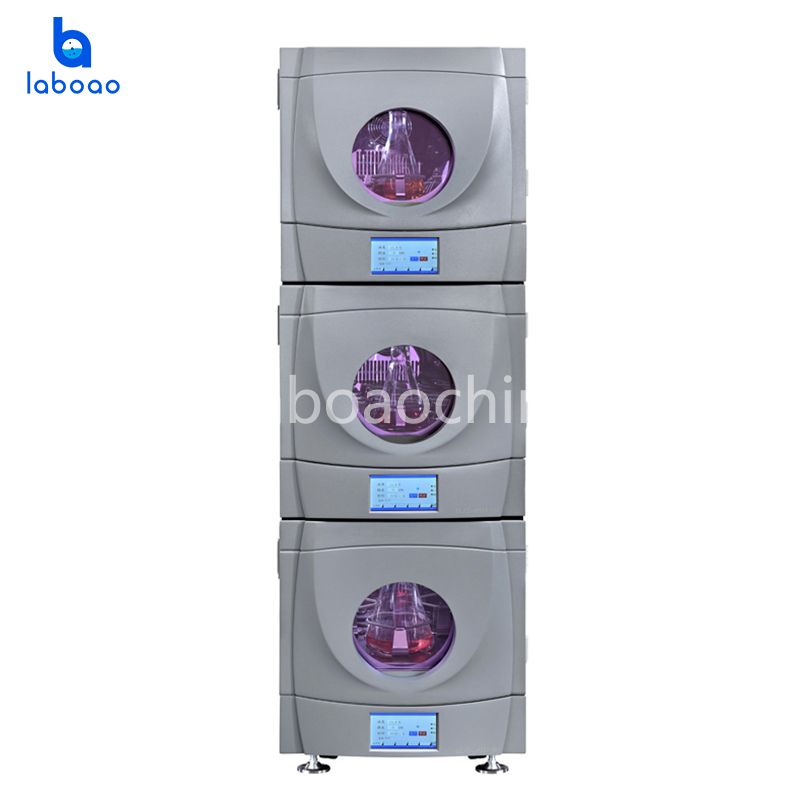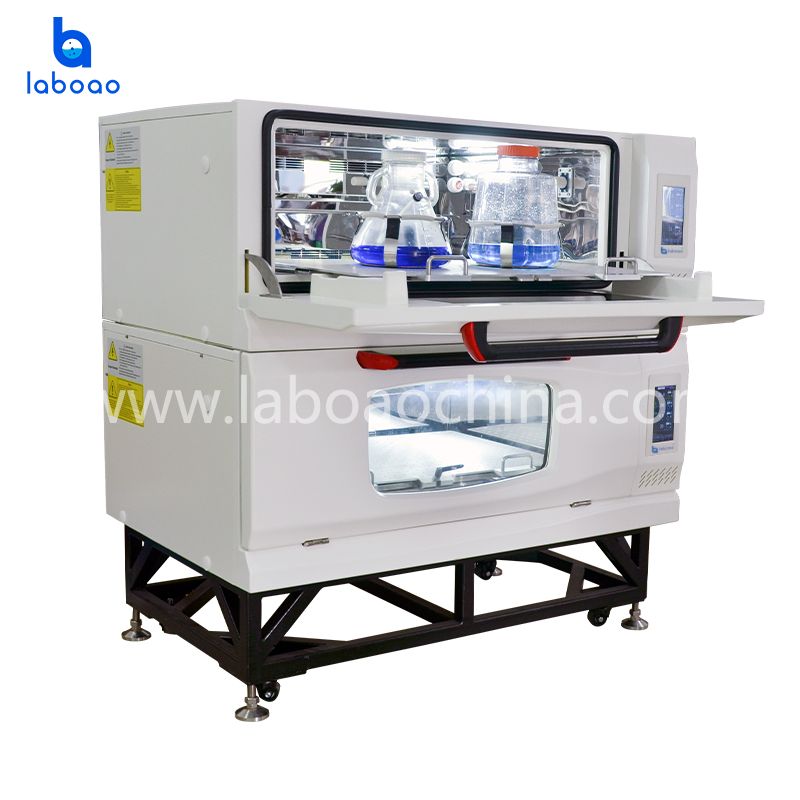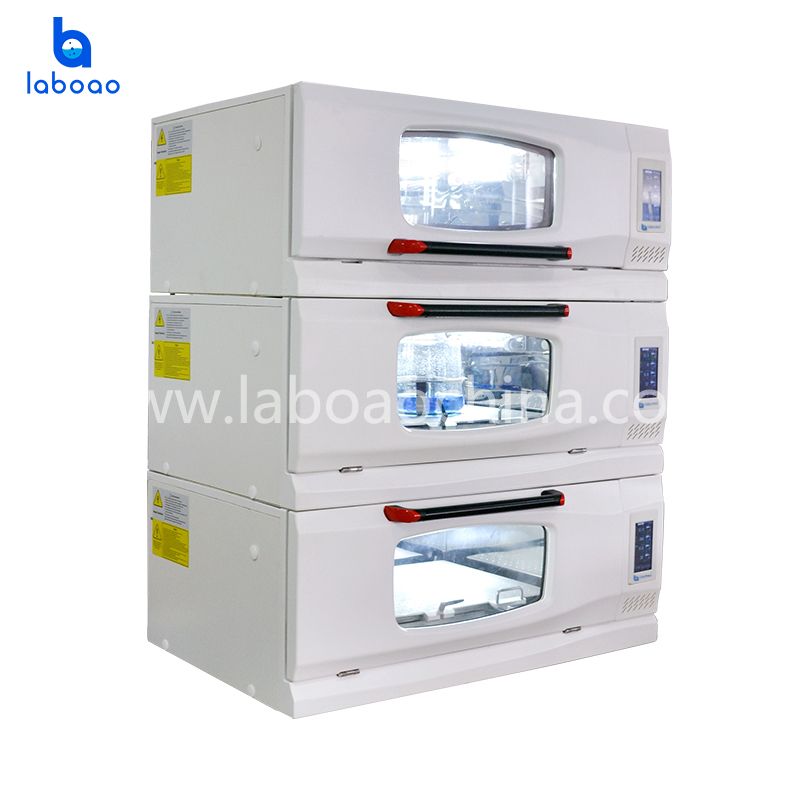- HOME
-
PRODUCTS
Extraction Distillation Equipment Reactor Rotary Evaporator Bioreactor Fermenter Freeze Dryer Spray Dryer Steam Sterilizer Centrifuge Lab Furnace Drying Oven Incubator Low Temperature Freezer Laboratory Equipment Life Science Instrument Drug Testing Instrument Food Testing Instrument Analytical Instrument Petroleum Testing Equipment Water Analysis Instrument
- SOLUTION
- NEWS
- SUPPORT
- VIDEOS
- ABOUT
- CONTACT
Incubator Shaker
Application
-
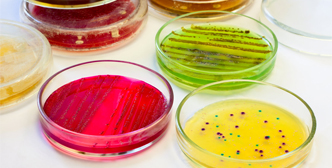 Microbiology and Cell CultureBacterial Cultivation - Incubator shakers are used for growing bacterial cultures, allowing researchers to study bacterial growth, metabolism, and behavior under controlled conditions. Cell Culture and Tissue Engineering - They provide a controlled environment for the growth and maintenance of mammalian cells and tissues, facilitating cell-based research, drug development, and tissue engineering experiments.
Microbiology and Cell CultureBacterial Cultivation - Incubator shakers are used for growing bacterial cultures, allowing researchers to study bacterial growth, metabolism, and behavior under controlled conditions. Cell Culture and Tissue Engineering - They provide a controlled environment for the growth and maintenance of mammalian cells and tissues, facilitating cell-based research, drug development, and tissue engineering experiments. -
 Biochemical and Enzyme ResearchProtein Expression and Purification - Incubator shakers are utilized for protein expression in bacterial or yeast cultures, as well as for protein purification processes such as affinity chromatography or protein crystallization. Enzyme Kinetics and Assays - They provide a controlled environment for studying enzyme kinetics, conducting enzymatic assays, and optimizing reaction conditions.
Biochemical and Enzyme ResearchProtein Expression and Purification - Incubator shakers are utilized for protein expression in bacterial or yeast cultures, as well as for protein purification processes such as affinity chromatography or protein crystallization. Enzyme Kinetics and Assays - They provide a controlled environment for studying enzyme kinetics, conducting enzymatic assays, and optimizing reaction conditions. -
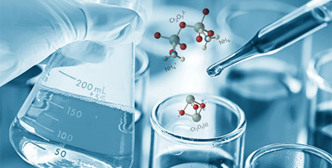 Chemical and Pharmaceutical ResearchChemical Synthesis - Incubator shakers aid in chemical reactions that require temperature-controlled and agitated conditions, such as organic synthesis, peptide synthesis, or polymerization processes. Fermentation and Bioprocessing - They are used for microbial fermentation processes, including the production of biofuels, antibiotics, enzymes, and other biotechnological products.
Chemical and Pharmaceutical ResearchChemical Synthesis - Incubator shakers aid in chemical reactions that require temperature-controlled and agitated conditions, such as organic synthesis, peptide synthesis, or polymerization processes. Fermentation and Bioprocessing - They are used for microbial fermentation processes, including the production of biofuels, antibiotics, enzymes, and other biotechnological products. -
 Molecular Biology and GeneticsDNA/RNA Amplification - Incubator shakers are essential for techniques like polymerase chain reaction (PCR) and reverse transcription polymerase chain reaction (RT-PCR), enabling DNA and RNA amplification and analysis. Hybridization and Blotting - They facilitate nucleic acid hybridization processes, including Southern, Northern, and Western blotting techniques, for studying gene expression and DNA/RNA detection.
Molecular Biology and GeneticsDNA/RNA Amplification - Incubator shakers are essential for techniques like polymerase chain reaction (PCR) and reverse transcription polymerase chain reaction (RT-PCR), enabling DNA and RNA amplification and analysis. Hybridization and Blotting - They facilitate nucleic acid hybridization processes, including Southern, Northern, and Western blotting techniques, for studying gene expression and DNA/RNA detection.
FAQ
- How to choose the suitable incubator shaker model?
- You need to determine your purchasing requirements, such as: the number and capacity of flasks to be placed in the shaker, what is the temperature control range of the shaker, etc.
- What is the amplitude of the incubator shaker?
- Our shaker amplitudes are 25mm, 50mm, 100mm. 25mm is a commonly used amplitude, 50mm is a large amplitude, and 100mm is an extra large amplitude. The speed of small amplitude is fast, and the speed of large amplitude is slow.
- What are the shaking modes of the shaker?
- Our shaker have three modes, they are rotary, reciprocating, rotary/reciprocating switching.
- Which shaker is suitable for 5L conical flasks?
- LH-111 Series, LH-211 Series, LH-304, LJS-2013 shakers can all hold 5L conical flasks.
- How many layers of stackable shaker can be stacked?
- Stack up to 3 units maximum.
- What is the optional shaker accessories?
- Spring-loaded rocker plates, bottle holders, flask holders, test tube racks, enzyme plate racks, stick rockers, sticky plates, trays etc optional.
Related Article
-
Laboratory incubator shaker operation instructions
When using a laboratory shaker, be sure to follow the instructions of the laboratory shaker before, during, and after installation to avoid unnecessary equipment failure. In order to operate the equipment, please also follow the following requirements:
